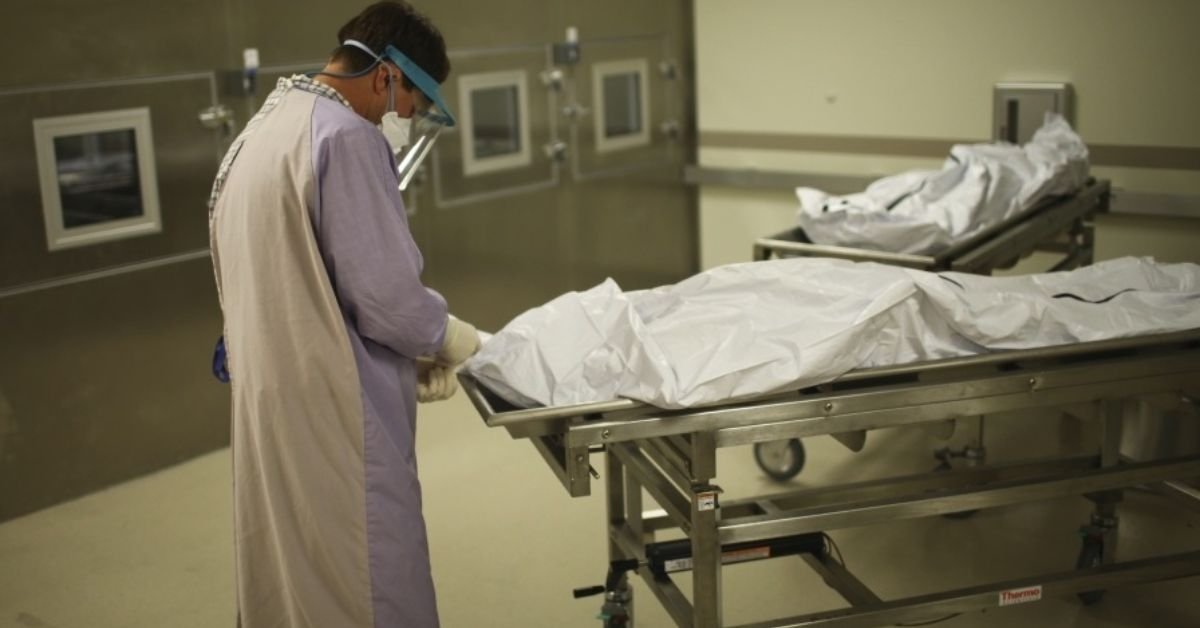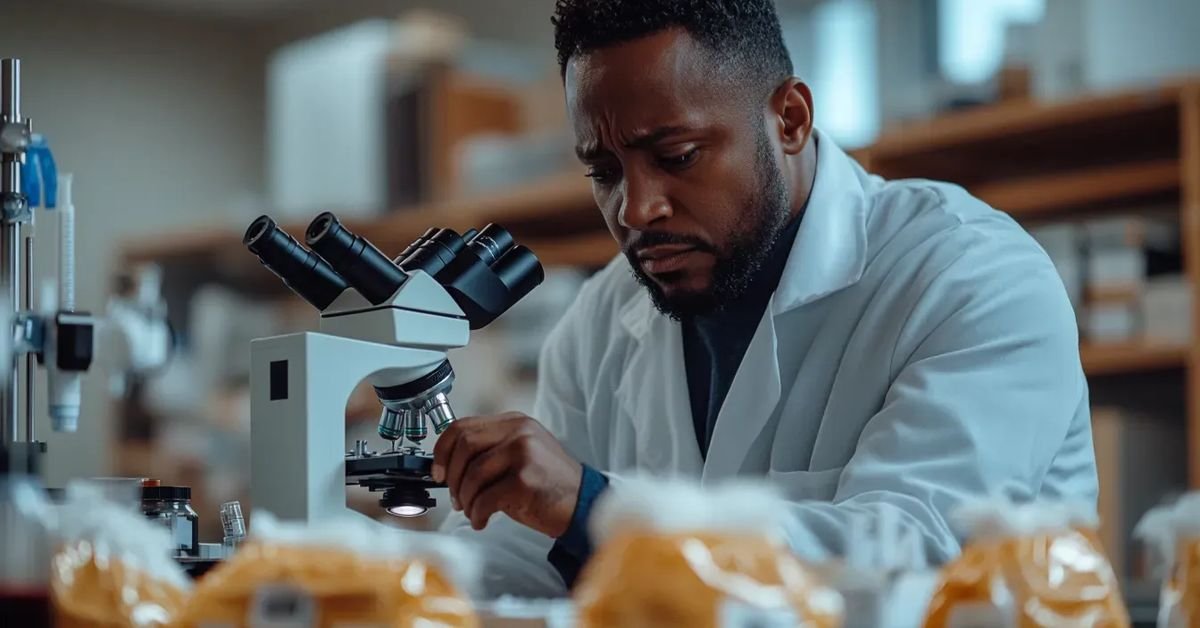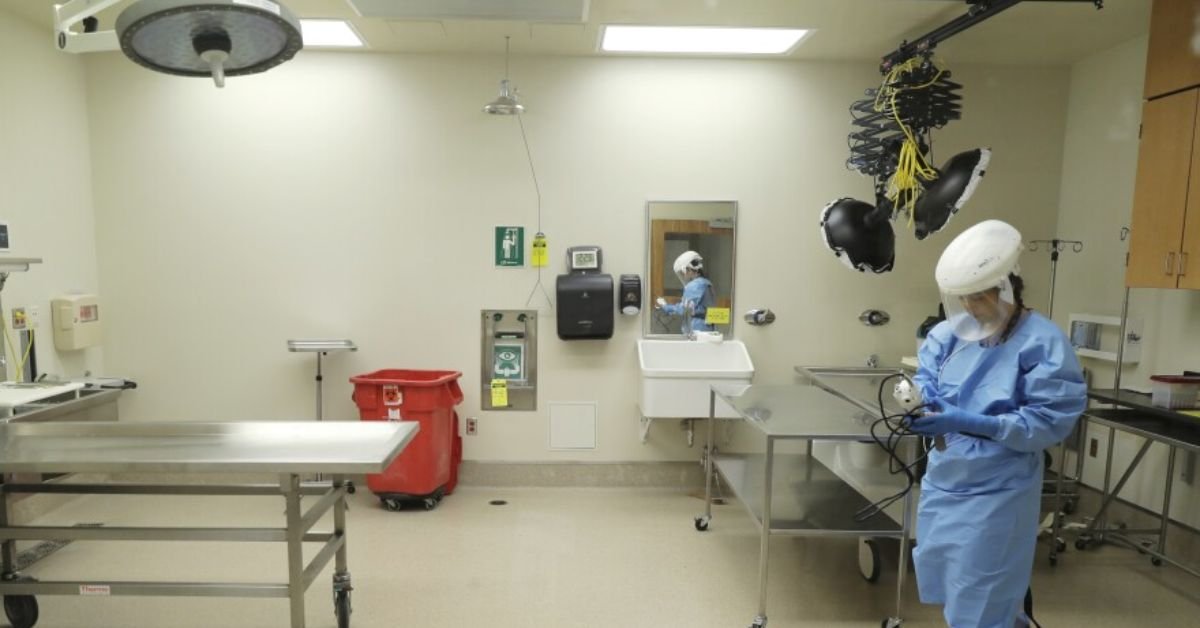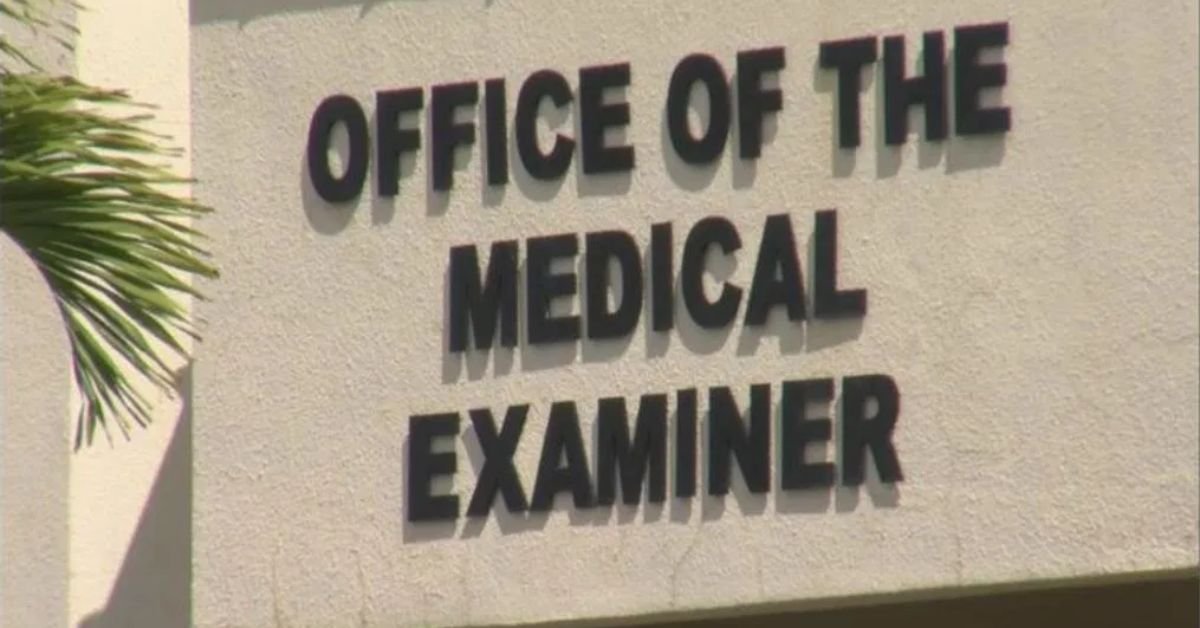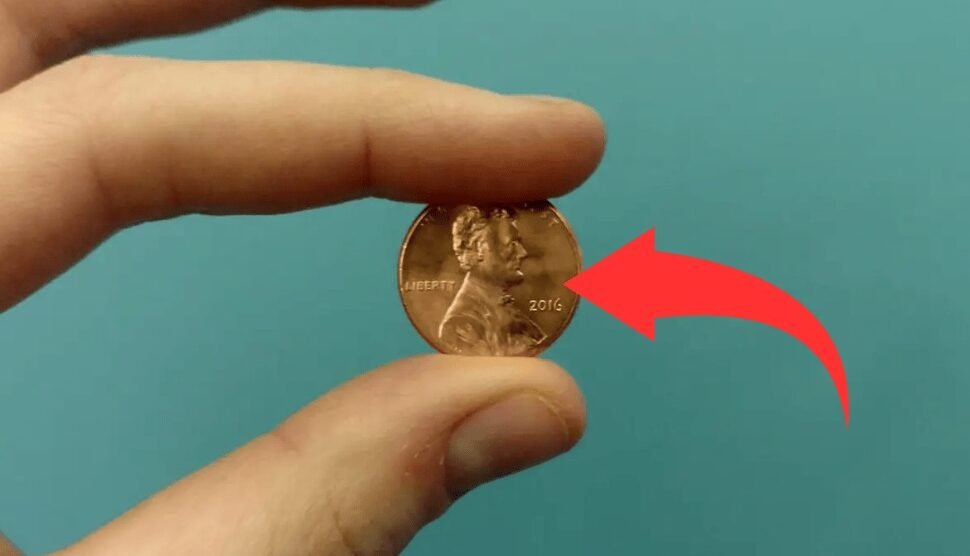The Florida Medical Examiner System is a statutorily defined, decentralized system responsible for the investigation of certain types of deaths that occur within the state. Governed primarily by Chapter 406, Florida Statutes, this system ensures that deaths occurring under suspicious, violent, or unexplained circumstances are professionally investigated by licensed physicians trained in forensic pathology. This article outlines the legal basis, organizational structure, and operational responsibilities of Florida’s medical examiner system.
Legal Framework
The authority for Florida’s medical examiner system is established under:
- Chapter 406, Florida Statutes – Medical Examiners
- Specifically, §406.11, which defines the types of deaths that must be reported to the medical examiner.
- §406.02 establishes the Medical Examiners Commission (MEC) under the Florida Department of Law Enforcement (FDLE).
These laws provide the statutory basis for death investigations, appointment of medical examiners, and their jurisdictional responsibilities.
Jurisdiction and Reportable Deaths
Under F.S. §406.11, medical examiners are required to investigate the following types of deaths:
- Deaths due to violence (homicide, suicide, or accident)
- Sudden deaths of apparently healthy individuals
- Deaths under suspicious or unusual circumstances
- Unattended deaths (no physician in recent attendance)
- Deaths in custody (jail, prison, or state facility)
- Deaths involving police action
- Deaths occurring in the workplace
- Deaths related to disease that pose a threat to public health
Once notified, the district medical examiner has legal authority to assume custody of the body and initiate a medicolegal investigation, including autopsy and toxicology testing if necessary.
District System
Florida is divided into 25 medical examiner districts, each encompassing one or more counties. Each district is overseen by a District Medical Examiner (DME), who must be a licensed physician and is typically board-certified in forensic pathology. The Medical Examiners Commission appoints DMEs based on recommendations from local county commissions.
This decentralized model allows for regional oversight while maintaining consistent statewide standards. District offices typically include medical examiners, death investigators, forensic pathologists, and administrative staff.
A full list of medical examiner districts and contacts is maintained by FDLE and is available at: FDLE Medical Examiner System.
The Medical Examiners Commission (MEC)
The Medical Examiners Commission operates under the FDLE and is composed of:
- Representatives from law enforcement
- State attorneys
- Public health officials
- Funeral home industry professionals
- Appointed citizens
Key functions of the MEC include:
- Appointing and reappointing district medical examiners
- Setting minimum standards and guidelines for death investigation
- Reviewing complaints and conducting disciplinary oversight
- Coordinating disaster victim identification efforts
The MEC ensures compliance with statutory and ethical standards across all districts.
Duties of Medical Examiners
Medical examiners are responsible for:
- Conducting autopsies and determining the cause and manner of death
- Issuing official death certificates
- Collaborating with law enforcement and state attorneys
- Providing expert testimony in court
- Participating in mass fatality response and disaster victim identification
- Maintaining complete and secure case documentation
They are also involved in public health surveillance through the investigation of deaths from communicable diseases and emerging threats.
Records and Confidentiality
Autopsy reports and death investigation records are public records under Florida’s Sunshine Law (Chapter 119, F.S.), except when exempted (e.g., active criminal investigations, juvenile cases, or certain medical privacy concerns).
Conclusion
The Florida Medical Examiner System is a critical component of the state’s medicolegal and public health infrastructure. Operated under a district model and regulated by the Medical Examiners Commission, it provides independent, scientifically grounded death investigations. By ensuring legal compliance, supporting the justice system, and safeguarding public health, the system plays a vital role in maintaining accountability and transparency in death certification and forensic practice.
Key References:
- Florida Statutes Chapter 406: http://www.leg.state.fl.us/statutes
- Florida Department of Law Enforcement – MEC: https://www.fdle.state.fl.us/MEC
- Florida Sunshine Law: Chapter 119, F.S.
